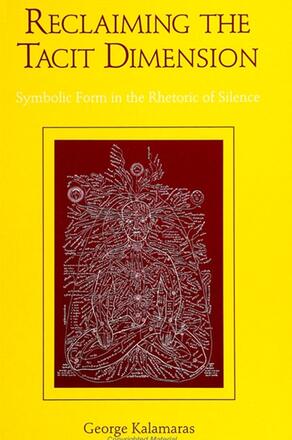
Reclaiming the Tacit Dimension
Symbolic Form in the Rhetoric of Silence
Alternative formats available from:
Description
This book examines Eastern philosophies of meditative silence in the context of Western rhetoric and discourse theory, arguing that silence is an authentic mode of knowing. Rather than an emptiness that is nihilistic, the void of meditative silence is, according to the author, a fullness in which meaning occurs. Kalamaras calls for a rethinking of the implications of such a concept of silence on contemporary theories of composition and the teaching of writing.
George Kalamaras is Assistant Professor of English and Associate Director of Writing at Indiana University-Purdue University Fort Wayne. His articles on composition have appeared in Composition Studies and English Education. He has also published two collections of poetry, Heart Without End and Beneath the Breath, and is the recipient of a 1993 Creative Writing Fellowship from the National Endowment for the Arts. For several years he has been a practitioner, in the Hindu tradition, of both Raja and Hatha Yoga.
Reviews
"A thoughtful treatment of a surprisingly important subject. "—Peter Elbow, University of Massachusetts
"Kalamaras's thesis is an important one, especially at this time. He addresses a blind spot in current speculation by authenticating silence as a mode of knowing. Our thinking has been so impressed with the inevitability of language and the problem of linguistic recursion (how can language describe itself) that even the possibility of non-representational knowledge has been forgotten. Kalamaras's brilliant strategy is to address the matter in terms not of theory but of practice, specifically the practice of pedagogy. Reclaiming the Tacit Dimension begins a sensitive investigation into questions of actual pedagogical practice in relation to a rich and powerful theoretical context. " —Don Byrd, State University of New York at Albany